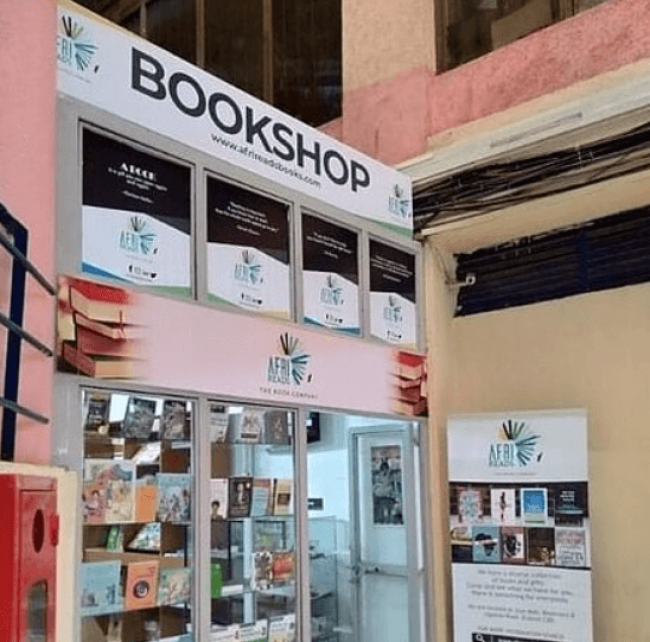
In a guest blog post, Lily Nyariki, bookseller and a Focal Point On Book And Learning Materials at ADEA, shares her experience on bookselling and reading in Africa
It is said that ‘a bookstore is one of the last pieces of evidence we have that people are still thinking’ – Jerry Seinfield
It is also said that ‘the more that you read, the more things you will know. The more that you know, the more places you will go’ – Dr. Seuss
Further it has been said that ‘reading is a passport to countless adventures’ – Mary Pope Osborne
Benjamin Franklin also said this ‘an investment in knowledge pays the best interest’
This sums up my relationship with books for the last 40 years. After training as a librarian in the 1980’s, I fell in love with books and have over the years been involved in the book world in multiple roles. 14 years were spent in the Kenya National Library Services Board, where I worked for the most part as the acquisition librarian. This is how I got introduced to the book world and by extension to book development. Book development looks at the overall development of the book chain that begins with the author, publisher, printer, bookseller, librarian, archivist and readers. At the centre of all these actors is the government whose role is to provide a conducive environment through incentives, tax regimes, copyright laws, purchasing and book and reading policy formulation and regulation.
 |
In 1995, I joined Moi University as the bookshop manager and was thus thrown into the bookselling space. To date I continue to be a bookseller, now with my own outfit – Afrireads Book Company Ltd trading as Afrireads Bookshop in Eldoret Town. I love bookselling because it keeps me closely tied up with books and reading, while also making some income after retiring from Moi University in June 2020.
 |
I have been the ADEA Focal Point on Books and Reading Materials since 1997, and in this role I have interacted with all stakeholders in many African countries and what is interesting to note is that whereas most of the developed world reads as a habit, Africans have not yet woken up to the importance of reading culture as a habit and having systems that enable easy access to books for leisure and knowledge acquisition. It is our contention that Africa is missing out and hence the need for all African countries to formulate and implement their book and reading policies which will ensure purposeful development of their book sectors which will go a long way into supporting educational quality and national development.
Africans must embrace a reading culture as a matter of priority because reading is a foundational skill which ensures literacy development and poverty eradication through personal development and lifelong learning opportunities. Unfortunately, in my interaction with most African countries, bookselling remains the weakest link in the book chain. So, the question as to whether Africa can be made into a reading continent remains a pipe dream, unless there is a deliberate effort to have booksellers across Africa mainstreamed and allowed to participate as equal members of the book chain. Without bookshops especially in the rural areas, the Africa Union Commission Agenda 2063 will remain an illusion.
